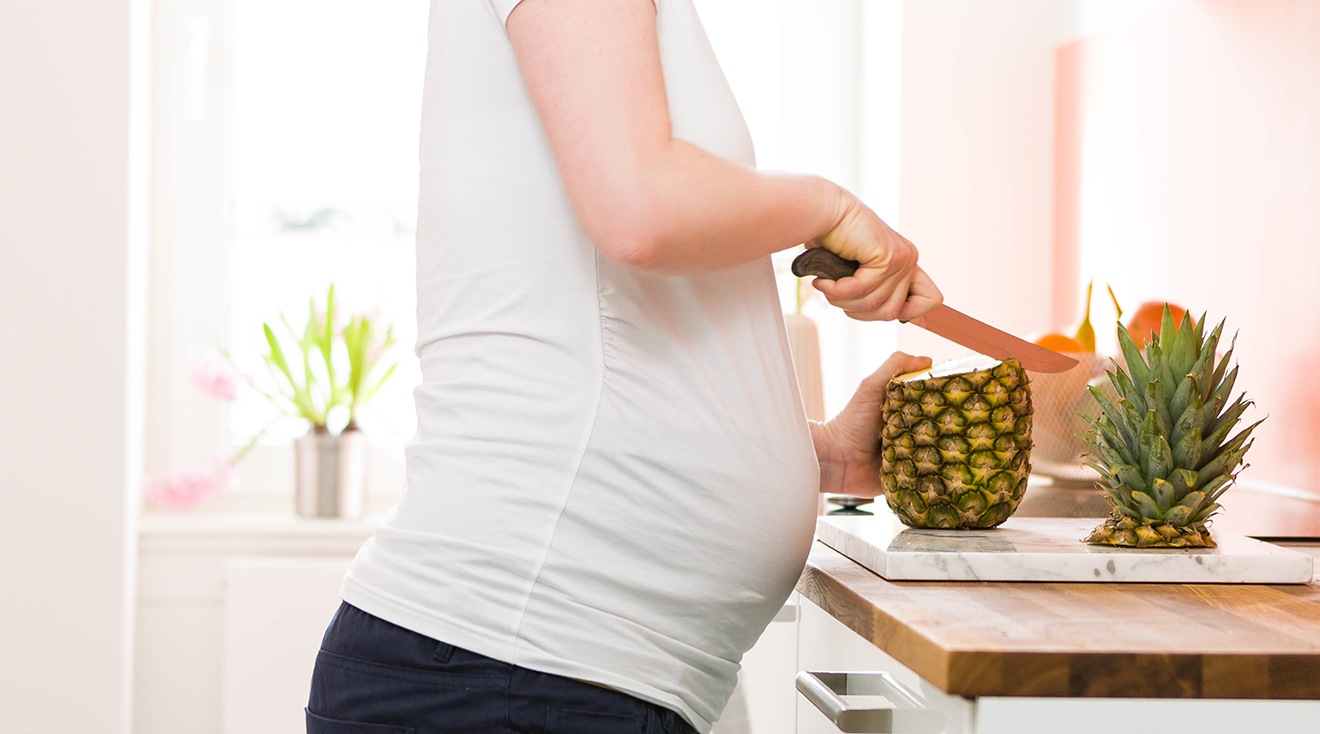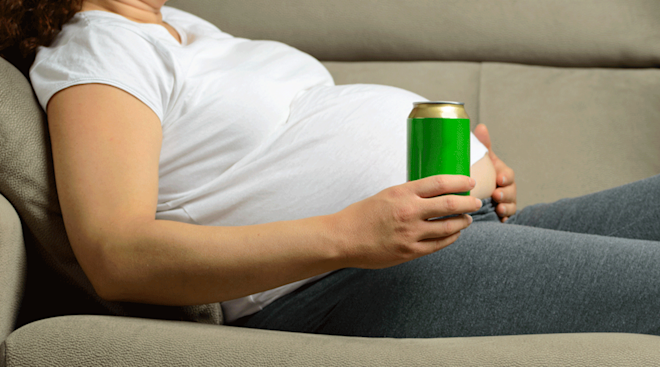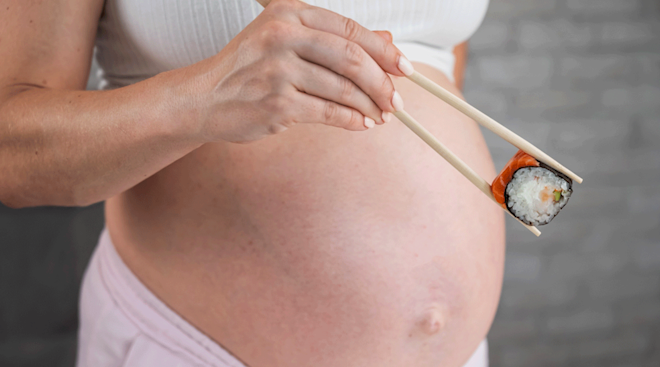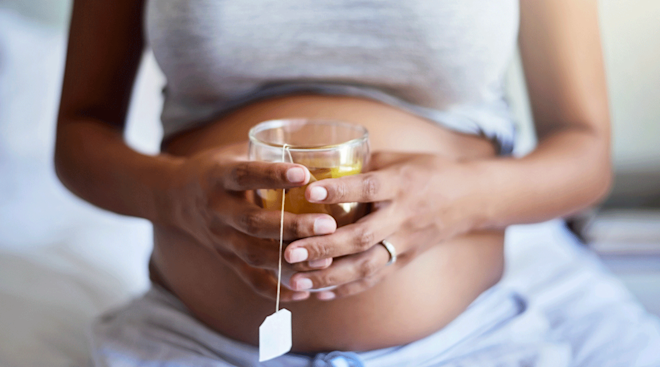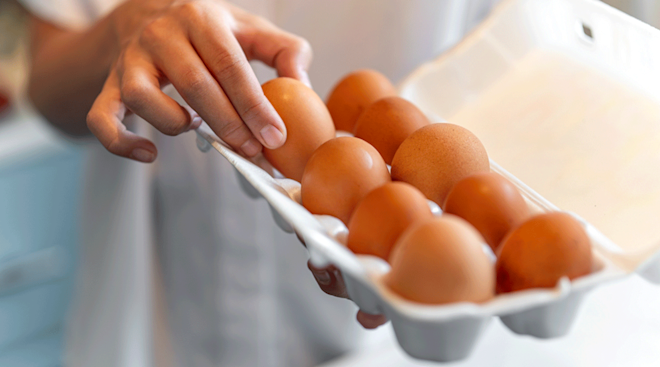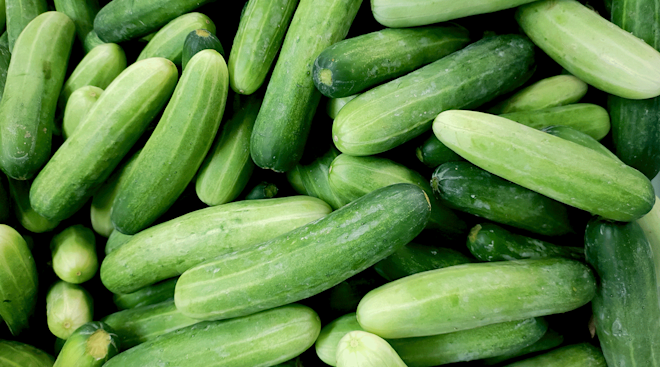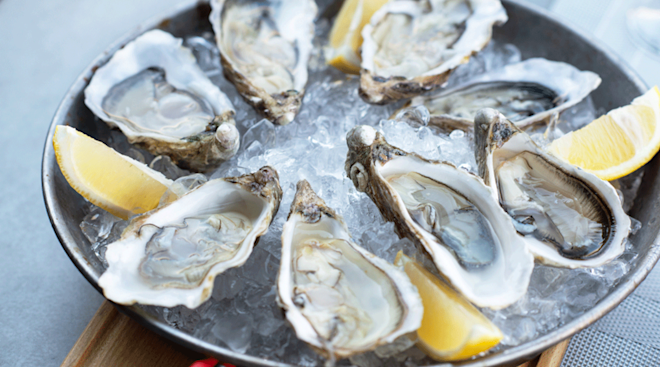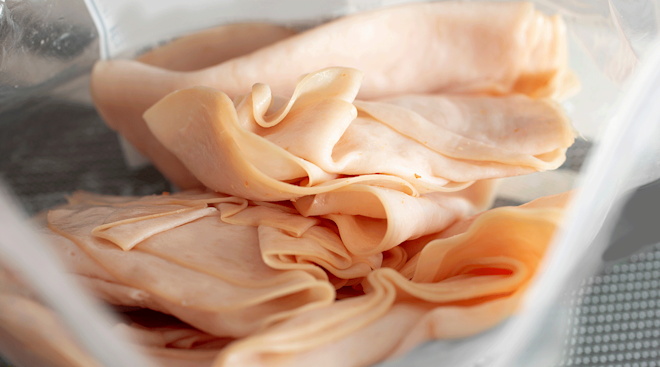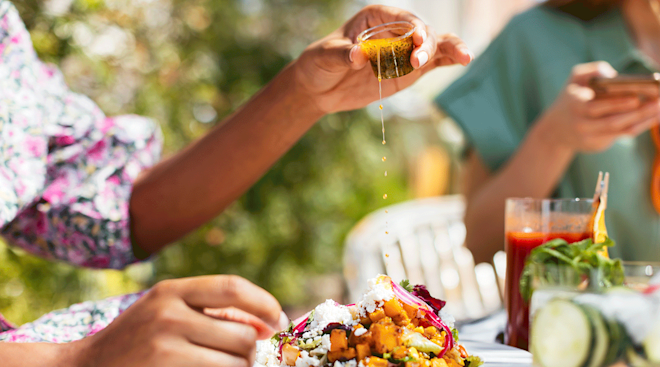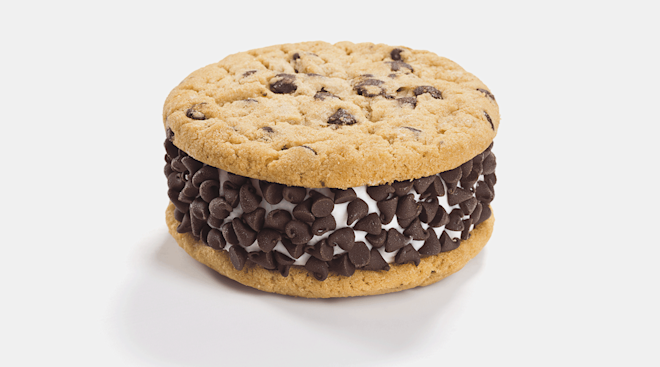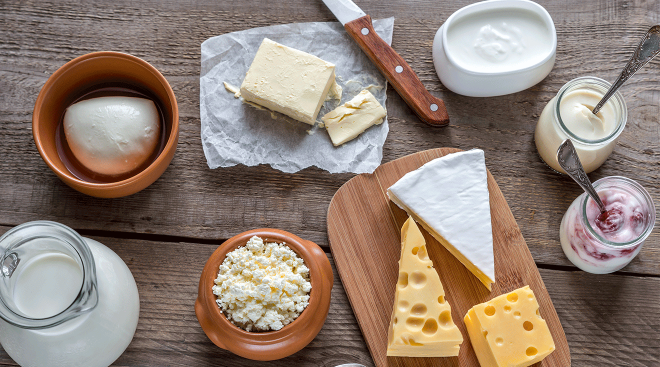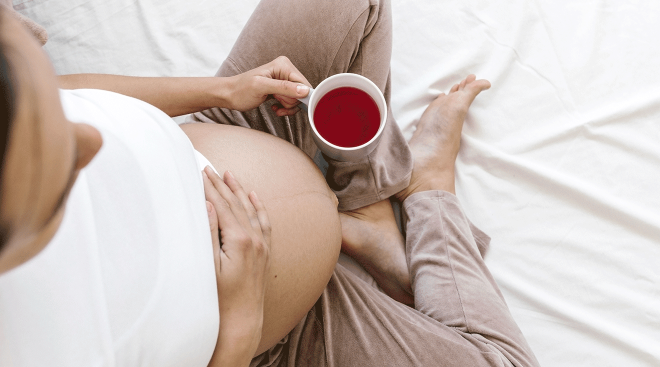Can You Eat Pineapple While Pregnant? (and Does It Induce Labor?)
Piña coladas might be off the menu when you’re pregnant (the alcoholic kind, anyway!), but can you eat pineapple while pregnant? Good news: You can—and should—get your sweet, tropical fix in other ways. This fruit is loaded with fiber, folate, vitamins and minerals, making it a healthy and satisfying snack or dessert for expectant moms.
Pineapple may also help ripen your cervix and prepare your body for delivery, so you’ll want to avoid eating it in excess. In normal amounts, though, pineapple is a great addition to a pregnancy-friendly diet. Read on to learn more about eating pineapple during pregnancy.
It’s generally considered safe to consume pineapple during pregnancy in moderation, (i.e. one to two cups of fresh pineapple per day), says Lauren Manaker, MS, RDN, a fertility-focused dietitian and author of The First-Time Mom’s Pregnancy Cookbook.
If you’re wondering why the safety of eating pineapple during pregnancy is even a question, it’s because pineapple contains an enzyme called bromelain that has, in some research, been associated with causing contractions or speeding up labor. As a result, an old wives’ tale exists that consuming this fruit during pregnancy can cause miscarriage.
But rest assured that eating the flesh of a pineapple in normal amounts (or drinking pineapple juice) is generally considered safe during pregnancy.
“Pineapple gets a bad rap in the pregnancy space /[because some people] believe that eating it can cause contractions due to the bromelain it contains,” says Manaker. “The truth is that we are lacking strong data to show that pineapple causes contractions, and therefore /[we don’t suggest] avoiding it.”
Basically, there’s no evidence-based reason to pass on pineapple during pregnancy—and in fact, doing so could cause you to miss out on a number of healthy pregnancy nutrients found in the fruit, like vitamin C and folate.
However, pregnant women should avoid consuming a lot of bromelain, says Victoria Petruzzi, MD, an ob-gyn at Houston Methodist Obstetrics and Gynecology Associates, because it can cause diarrhea and uterine cramping. Additionally, it may interfere with the body’s natural blood-clotting abilities, leading to an increased risk of bleeding. There are higher amounts of bromelain in the stem and core of a pineapple, so in addition to moderating your overall pineapple intake, you should toss the stem and core rather than incorporating them into a smoothie.
Pineapple is a highly nutritious fruit. For every serving of pineapple you eat, you’ll get a boost of vitamins and minerals, including:
- Fiber. One cup of fresh pineapple contains over two grams of fiber. Sherry Ross, MD, an ob-gyn at Providence Saint John’s Health Center in Santa Monica, California, says fiber is good for digestion support and relieving constipation during pregnancy.
- Vitamin C. A serving of pineapple contains around 80 milligrams of vitamin C, which is almost the entire daily recommended value for pregnant women. Manaker says vitamin C helps support the immune system and aids in the absorption of iron, an essential mineral during pregnancy.
- Folate. Pineapple is a good source of folate, says Ross, a B vitamin that helps reduce the risk of certain birth defects during pregnancy.
- Water. Pineapple is about 85 percent water, so eating it can help keep you hydrated.
Eating an overabundance of pineapple or consuming the stem or core during pregnancy could cause complications because of the high bromelain content. But for the most part, people consuming a normal amount of pineapple fruit shouldn’t be worried. For the most part, pineapple is safe during pregnancy.
That said, there are some exceptions. According to Amber Chambers, CNM, certified nurse-midwife at Pediatrix Medical Group in Florida, pineapple is relatively high in natural sugars, which can impact blood sugar levels. This could be a problem for people with gestational diabetes, who need to monitor their blood sugar carefully during pregnancy.
Chambers also says that pineapple is very acidic, which could exacerbate heartburn or acid reflux symptoms. Some people may also have a problem with a sudden increase in fiber intake from consuming large amounts of pineapple. This could lead to digestive issues like diarrhea and abdominal or uterine cramping.
In addition to satisfying your sweet cravings with fresh slices or chunks of pineapple, Manaker recommends:
- Making smoothies. Blend pineapple with other fruits and yogurt or milk for a filling breakfast or midday snack.
- Mixing up a fruit salad. Toss pineapple chunks with other favorite fruits like mango, kiwi and oranges to create a vibrant and nutrient-rich fruit salad.
- Grilling it. Heat pineapple on the grill to create a sweet and smoky combination that pairs well with chicken and pork.
- Adding it to savory dishes. Dice pineapple and add it to salads, salsas or stir-fries for a tropical twist on your regular entrees.
- Making sorbet. Freeze the contents of a can of pineapple—in juice, not syrup—and use a blender or ice cream machine to make a pineapple sorbet with no added sugar.
Based on the evidence, there’s no clear answer as to whether or not pineapple can induce labor. Chambers says bromelain appears to have anti-inflammatory properties and may be able to soften the cervix, potentially inducing labor, but the research is too insufficient for experts to say eating pineapple is effective at naturally inducing labor.
Some rodent studies have linked pineapple extract to uterine contractions, but human studies are currently pretty limited. One 2022 study did find that stages one and two of labor (the cervical dilation and pushing stages) were shorter for expectant moms who consumed pineapple during stage one. This was a small study, though, of only 76 participants.
“Keep in mind that everyone will have different responses to pineapple, and so many factors influence labor, including the readiness of the body and hormonal levels,” Chambers says. “My number one piece of advice is to always consult with a healthcare provider before trying to induce labor so they can offer guidance based on your specific situation.”
Frequently Asked Questions
Can you drink pineapple juice while pregnant?
Yes, as long as you don’t have gestational diabetes or notice any GI distress, like acid reflux or diarrhea, from eating pineapple, go ahead and enjoy this refreshing drink. Chambers says pineapple juice generally has a lower concentration of bromelain than fresh pineapple, but you’ll lose some of the fiber when you juice pineapple instead of eating it raw, plus you could end up consuming more sugar, depending on how the juice is prepared.
Does pineapple soften the cervix?
Possibly, but there’s a lack of research about pineapple’s effects on cervical ripening and experts can’t say whether or not the fruit provides this benefit.
How long does it take for pineapple to induce labor?
Because of the lack of research, experts don’t know for sure whether pineapple actually can induce or speed up labor, but Chambers says that if it does have any effect, it’s unlikely to be immediate or dramatic. “Eating moderate amounts over several days might be more beneficial than consuming a large amount at once,” she advises.
Should you avoid eating or blending a pineapple’s core during pregnancy?
The core of a pineapple contains higher amounts of bromelain, and Petruzzi says the possibly dangerous risks this poses means you should avoid consuming the core during pregnancy. This includes eating it raw and blending it in a smoothie, as well as cooking or grilling with it.
What are the best ways to eat pineapple while pregnant?
There are many ways to enjoy pineapple when pregnant, but the best way is whichever one is easiest (and tastiest) for you!. Dice it and eat it raw, throw it into salads and salsas, or whip up a tropical pineapple smoothie or sorbet for a treat. You can even use it to make a non-alcoholic piña colada to hold you over until you can have the real thing again after delivery.
Plus, more from The Bump:
Amber Chambers, CNM, is a certified nurse-midwife at Pediatrix Medical Group in Florida.
Lauren Manaker, MS, RDN, is a fertility-focused dietitian and author of The First-Time Mom’s Pregnancy Cookbook.
Victoria Petruzzi, MD, is an ob-gyn at Houston Methodist Obstetrics and Gynecology Associates. She received her medical degree from the University of Texas Medical Branch at Galveston.
Sheryl Ross, MD, is an ob-gyn at Providence Saint John’s Health Center in Santa Monica, California
National Center For Complementary and Alternative Medicine. Bromelain, May 2020
Ethnopharmacol, Investigation of uterotonic properties of Ananas comosus extracts, 2016
Biotechnology Research International, Properties and therapeutic application of bromelain: a review, 2012
U.S. Department of Agriculture, Pineapple, raw, all varieties
NIH Office of Dietary Supplements, Vitamin C, March 2021
Nutrition Reviews, Water, hydration and health, 2010
NIH Office of Dietary Supplements, Folate, November 2022 Phytomedicine, Role of the serotonergic pathway in uterotonic activity of Ananas comosus (L.) Merr. - An in vitro and in vivo study, 2018
BJSTR, Evaluation of role of pineapple in the duration of labour, 2022
StatPearls, Stages of Labor, January 2023
Learn how we ensure the accuracy of our content through our editorial and medical review process.
Navigate forward to interact with the calendar and select a date. Press the question mark key to get the keyboard shortcuts for changing dates.

































